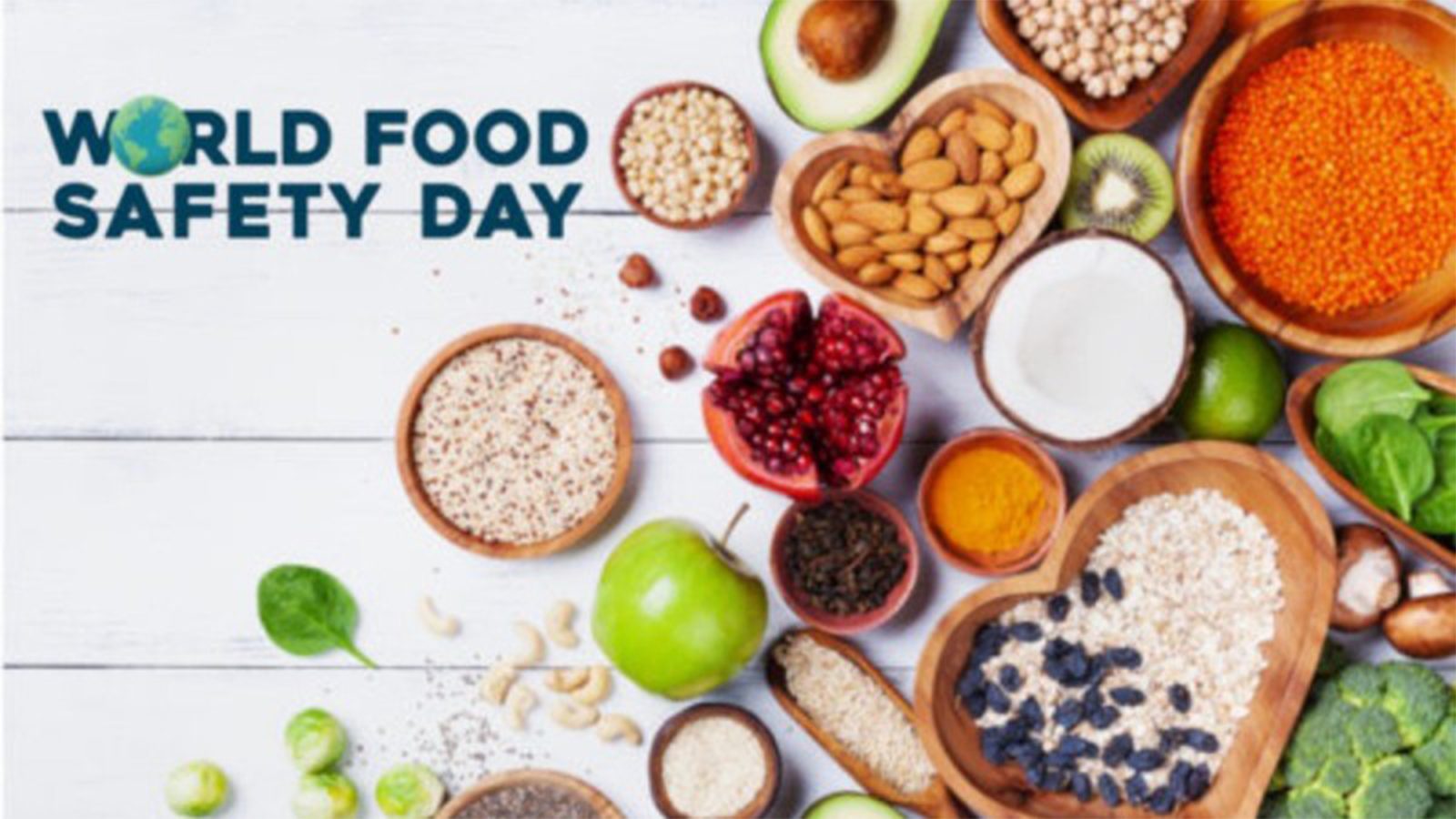World Food Safety Day

BY ESTHER MUTURI
World Food Safety Day is celebrated annually on 7th June. The 2023 event marks its fifth anniversary.
This celebration is aimed at raising awareness about the importance of prevention, detection, and management of risks through food safety practices, promoting debates, solutions, and ways to improve human health, trade, agriculture, and sustainable development.
Every year, 600 million people get sick due to the 200 different types of illnesses that can be transmitted by food.
Young people and populations with limited resources are among the most affected. Foodborne illnesses cause 420,000 preventable deaths every year.
Following this year’s theme, “Food Standards Save Lives”, it not only provides farmers and processors with guidance on the hygienic handling of food but also defines maximum levels of additives and contaminants, among other components, that can be safely consumed.
Food and nutrition security is achieved when food that is adequate in quantity, quality, safety, and socio-cultural acceptability is available, accessible, and utilized satisfactorily by individuals to promote a healthy life.
The Food Insecurity and Vulnerability Information and Mapping Systems identified persons with disabilities and the unemployed, homeless, and orphaned as vulnerable and at high risk of food and nutrition insecurity.
This is especially alarming as the World Health Organization estimates that more than 1 billion people live with some form of disability, with the rates of disability increasing.
Although the fields of food and nutrition insecurity and disability are interrelated, there is an intrinsic link between food insecurity and disability, stating that food insecurity is more prevalent in households with disabilities, which constitute a large share of the overall food-insecure population.
According to Heflin, disabling health conditions interfere with a household’s ability to provide adequate food and nutrition.
There may also be a barrier for persons with disabilities due to additional living expenses due to medical and disability-related equipment, use of public transport which limits purchasing options, and difficulty physically shopping and preparing food which leads to purchasing more processed meals which are of a lower nutritional value and higher in cost.
Poor knowledge among caretakers of how to work with disability-related disorders could also be an issue. For example, poor knowledge of how to correctly position a child with severe cerebral palsy could lead to inadequate feeding; at worst, these efforts can cause aspiration and even death.
Tags: Who Un Signstv World Food Safety Day Editor's Pick
Related
Share this article
Experienced and versatile writer, dedicated to using my exceptional writing and editing skills to inform and advocate. My work focuses on educating and entertaining readers on a range of topics, with a particular expertise in matters of disability.
View articles

